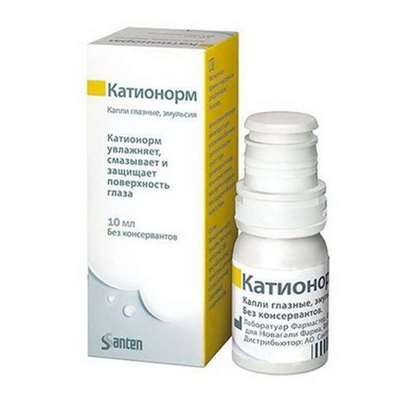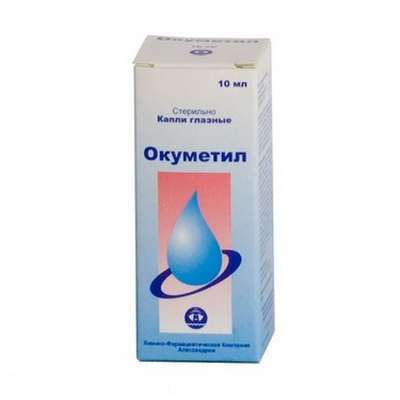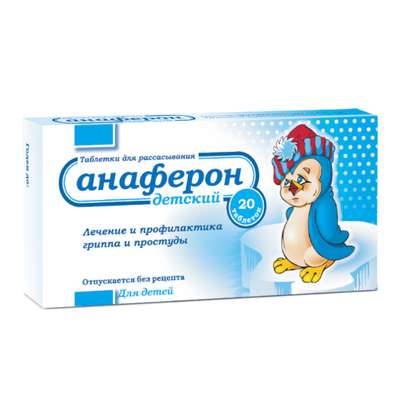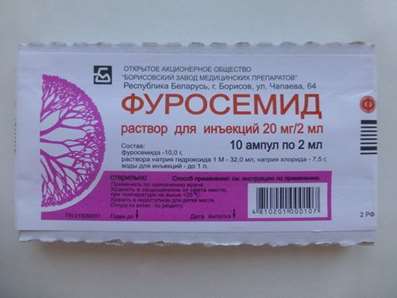Instruction for use: Semina Lini
I want this, give me price
ATX code A02AF02 Simple combinations of salts and carminative preparations
Pharmacological group
Antacids
Laxatives
Other non-narcotic analgesics, including non-steroidal and other anti-inflammatory drugs
Nosological classification (ICD-10)
K20 Esophagitis
Digestive tract infections, Acute erosion of the esophagus, Esophagitis erosive, Erosive esophagitis, Infectious Disease of the GI tract
K25 Gastric ulcer
Helicobacter pylori, Pain syndrome in gastric ulcer, Pain syndrome in gastric ulcer and duodenal ulcer, Inflammation of the gastric mucosa, Inflammation of the gastrointestinal mucosa, Benign gastric ulcer, The disease of the stomach and duodenum, asotsiirovannoe with Helicobacter pylori, Aggravation gastroduodenita on the background of peptic ulcer, Exacerbation of peptic ulcer, The aggravation of gastric ulcer, The organic gastrointestinal disease, Peptic ulcer of the stomach and duodenum, Postoperative gastric ulcer, Recurrent ulcers, Symptomatic gastric ulcers, Chronic inflammatory disease of the upper gastrointestinal tract, associated with Helicobacter pylori, Helicobacter pylori eradication, Erosive and ulcerative lesions of the stomach, Erosive lesions of the stomach, The erosion of the gastric mucosa, Peptic ulcer disease, Stomach ulcer, Gastric lesion, Ulcerative lesions of the stomach, Symptomatic ulcers of the stomach and duodenum
K26 Duodenal Ulcer
Pain with duodenal ulcer, Pain syndrome in gastric ulcer and duodenal ulcer, The disease of the stomach and duodenum, asotsiirovannoe with Helicobacter pylori, Exacerbation of peptic ulcer, The worsening of duodenal ulcer, Peptic ulcer of the stomach and duodenum, Relapse of duodenal ulcers, Symptomatic ulcers of the stomach and duodenum, Helicobacter pylori eradication, Erosive and ulcerative lesions of the duodenum, Erosive-ulcerative lesions of duodenal ulcers associated with Helicobacter pylori, Erosive lesions of the duodenum, Duodenal ulcer, Ulcerative lesions of the duodenum]
K52 Other noninfectious gastroenteritis and colitis
senile Bowel Syndrome, sigmoid, Gastroenteritis noninfectious, gastroenterocolitis, Colitis, Colitis non-dysenteric, Colitis noninfectious, Colitis is a chronic, Colitis is a chronic non-infectious, Local enteritis, sigmoid noninfectious, Chronic inflammatory bowel disease, Chronic inflammatory disease of the small intestine, Chronic enterocolitis, Chronic atrophic gastroenteritis, Chronic gastroenteritis, Chronic colitis, Chronic enterocolitis, Enteritis, non-infectious enteritis, Enterocolitis chronic noncommunicable, colon disease
K59.0 Constipation
Painful defecation, Age-related constipation, Secondary Constipation,. Discease, Constipation when breastfeeding, Constipated constipation, Constipation in adults, Constipation chronic, Idiopathic constipation, Cataract obstruction, Colostasis, Constipation, Common constipation, Rectal coprostasis, Tendency to constipation, Occasional constipation, Decrease in motor-evacuation function of the digestive tract, Functional constipation, Chronic constipation, Constipation in infants
Composition
Seeds 1 pack
flax seeds
Description of dosage form
The seeds are flattened, ovoid in shape, pointed at one end and rounded from the other, unequal, up to 6 mm long, up to 3 mm thick. The surface of the seeds is smooth, shiny, with a light yellow, clearly visible seminal scar (when viewed in a magnifying glass with an increase of 10 times). The color of the seeds is from light yellow to dark brown. The smell is absent.
The taste of water extract is mucus-oily.
Characteristic
Flax seeds contain mucus, fatty oil, protein substances, vitamin A, organic acids, glycoside linamarin and other biologically active substances.
pharmachologic effect
Pharmacological action - enveloping.
Pharmacodynamics
Slime seed flax has enveloping, anti-inflammatory, and mild laxative effect.
Indications
inflammatory and ulcerative processes of the digestive tract (inflammation of the esophagus (esophagitis), peptic ulcer of the stomach and duodenum, enteritis, colitis);
constipation.
Contraindications
hypersensitivity to the drug;
dyspeptic phenomena (diarrhea);
exacerbation of cholecystitis.
Side effects
Allergic reactions. Sometimes - nausea; in the first days of reception - a mushy stool.
Dosing and Administration
Inside apply mucus seeds and whole seeds swollen in water.
In inflammatory and ulcerative gastrointestinal processes, slime is taken by 1/4 cup 3 times a day for 30 minutes before meals. The course of treatment - 2-3 weeks.
In case of constipation, the flax seeds swollen in water are 1-3 hours thick, washed down with water 2-3 times a day.
Preparation of mucus. 1.5 ts of whole seeds are placed in enameled pots, poured into 200 ml (1 cup) of hot boiled water, stirred for 15 minutes, filtered, the remaining raw material is squeezed.
special instructions
Use only freshly prepared slime flax seeds.
Form of issue
Whole seeds are 50, 75, 100 and 150 g in a pack of cardboard with an inner bag of PE, paper or polypropylene.
Conditions of leave from pharmacies
Without recipe.
Storage conditions
In a dry place protected from light.
Keep out of the reach of children.
Shelf life
3 years.
Do not use after the expiry date printed on the package.

 Cart
Cart





